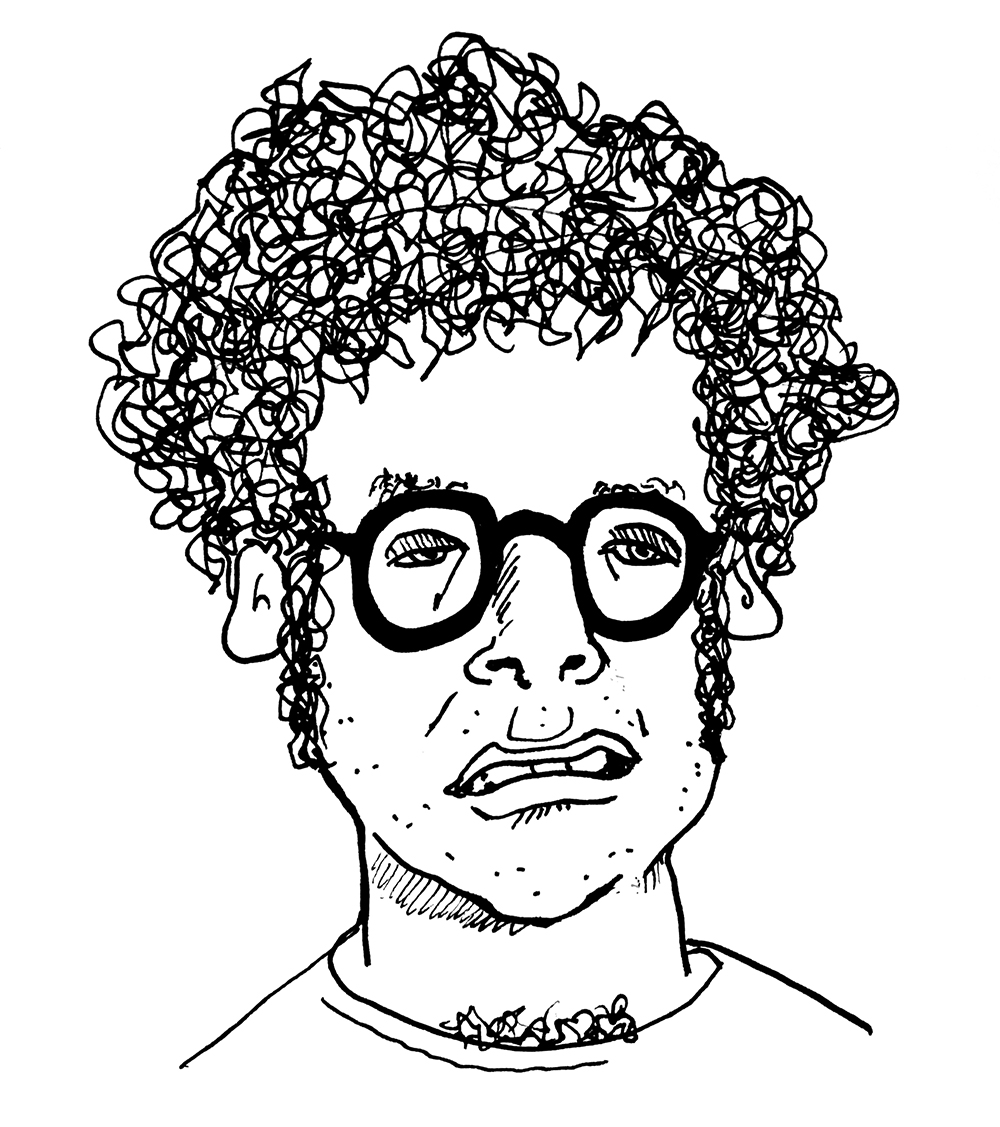Toward the end of March you could hardly go anywhere without encountering a Tiger King reference. Netflix benefited from an audience trapped in their homes, and when the series was released on March 20th it immediately skyrocketed. And rightly so, it’s insane. However, the popularity of Tiger King is surprising because it’s a documentary.
It is a story about desperation and the fight for survival—classic and relatable. Wild Wild Country was another serialized Netflix documentary whose focus was largely on intractable conflict. However, unlike that series, in Tiger King we do not find out what happened in the end. We are mostly left with questions about what exactly happened and are mostly unsure of how the bizarre events occurred or managed to be chronicled. We don’t know what will become of Joe Exotic, Carole Baskin, Doc Antle, and the many other colorful characters surrounding them. The story has not finished.
Perhaps this lack of answers is what makes the story so compelling. Tommy Orange’s fictional novel There There about Native Americans coming to an Oakland Powwow involves several separate characters and their individual storylines as they weave together in bizarre ways—Crash did it, yes, but it works well and is a great approach to storytelling and character development. The book ends rather abruptly and leaves the reader grasping for answers. In reading that book we are not fulfilled by the resolution of our characters’ stories, instead we are satiated by the beautifully complicated narrative arcs, truths, and experiences we have along the way. The same goes for the man who would have us call him the Tiger King.
 illustrations by Josh Gates
illustrations by Josh Gates
Joe Exotic is a nearly-perfect antihero for our contemporary present: a polyamorous gay man who loves straight men and has the guns, drugs, and exotic lifestyle to not only seduce them but us, the viewers, as well. Joe Exotic’s love of excess and shiny, sequined shirts seem more suited for Vegas than the middle of nowhere in Oklahoma. Exotic is oddly familiar, like he could be a leather-daddy sex tourist you might find in the BDSM basement of a Berlin club or walking and waving along the Folsom Street Fair parade route. However, the show’s power doesn’t come from the fact that a gun-blasting, shit-talking, gay hillbilly with a bleached mullet exists and has a private zoo with a ton of tigers in it. It is in the show’s character development, and how we try and fail to understand why Exotic and those around him did what they did.
Tiger King is compelling because Exotic is far from perfect. No, maybe we don’t identify with Exotic’s seemingly never-ending need to fire shotguns and AR-15s into a lake. No, perhaps we don’t identify with having feuds with animal rights people or hiring security to keep them out of our personal space. But the most compelling connection we have to Exotic is how the struggles we face can lead us to inexplicably do whatever it takes to survive.
Joe Exotic grew up as a repressed gay man who was basically disowned by his father because of his homosexuality. This led Exotic to try to kill himself. Perhaps it was his love of animals that saved him. But his love of animals is particularly contested by one animal rights person in particular, his nemesis Carole Baskin. Baskin doesn’t believe Exotic should be allowed to have tigers in cages because it’s cruel; but for some reason she feels that her cages are morally acceptable sanctuaries. For some reason Carole Baskin believes that people should feel good about paying money to visit her sanctuary but should feel bad for patronizing Exotic’s. This subtly overt examination of hypocrisy is the moral crux of the show.
 We are confronted with our complicated complicity in the subpar treatment of animals. How are our “public zoos” better than Exotic’s G.W. Zoo? What about our pets and the animals we eat? What about the use of great apes in scientific studies? What about the areas of the rainforests that are cleared for cattle grazing to provide food to meat eaters and grow soybeans for the vegetarians and vegans? What animals do we care about, which ones are expendable, and why the distinction? If we create a society that allows a practice, and then outlaw that practice, how do we support the people whose lives have been built around that practice and help them transition to whatever we decide is the new acceptable mode of operation within this society?
We are confronted with our complicated complicity in the subpar treatment of animals. How are our “public zoos” better than Exotic’s G.W. Zoo? What about our pets and the animals we eat? What about the use of great apes in scientific studies? What about the areas of the rainforests that are cleared for cattle grazing to provide food to meat eaters and grow soybeans for the vegetarians and vegans? What animals do we care about, which ones are expendable, and why the distinction? If we create a society that allows a practice, and then outlaw that practice, how do we support the people whose lives have been built around that practice and help them transition to whatever we decide is the new acceptable mode of operation within this society?
The series should have ended after episode seven as it originally aired. Instead, Netflix compromised the original creative vision and ruined it with a “bonus episode” featuring Joel McHale thinking he’s funny while talking to various people from the show on video chat. Everything compelling about the show was thrown out in the “8th episode.” To future viewers and those who haven’t finished the series yet, stop after the 7th episode, that is the end of the show. The production quality of this bonus was decidedly poor—the coronavirus is not an acceptable excuse. A better way to follow it up would have been to create a separate category of the show and give us some of the extra footage lying around on the editing room floor. Give us an hour of tiger footage. An even better bonus would have been to give us the original documentary by J.D. Thomspon, The Life Exotic: The Incredible True Story of Joe Schreibvogel. However, Netflix’s choice to give us this “bonus” garbage is a great example of how to finally get people to turn their TVs off and do something else instead.





